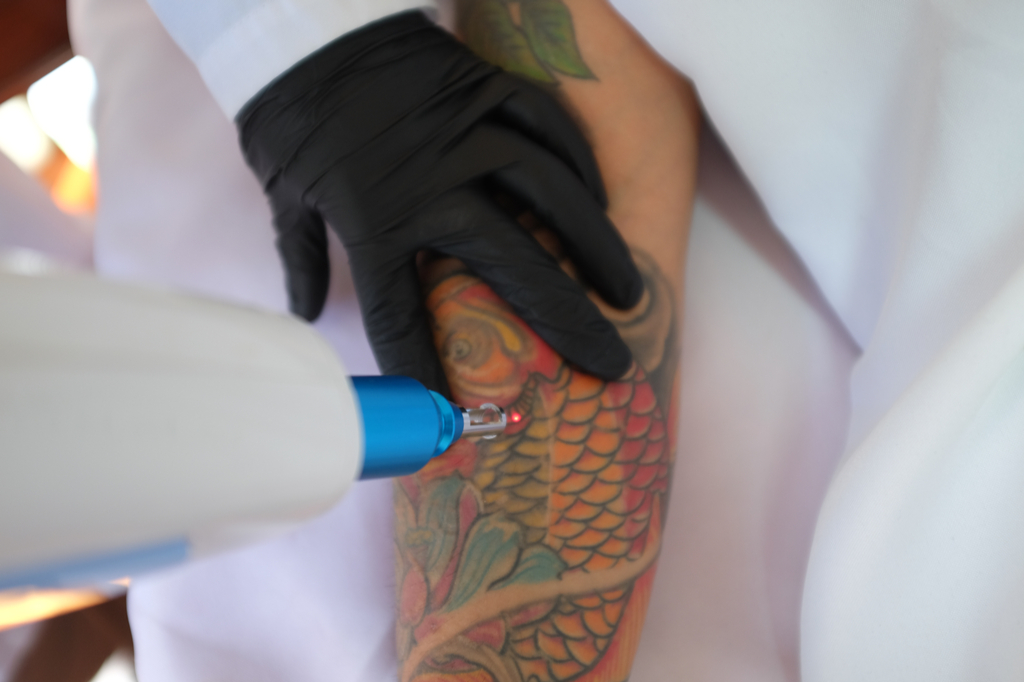Dental Abscesses: Causes and Treatment Options

Strong 8k brings an ultra-HD IPTV experience to your living room and your pocket.
A dental abscess is a localized infection within the mouth that results in a collection of pus. This condition can cause significant discomfort and may lead to serious complications if left untreated. Understanding the causes, symptoms, and Incision and Drainage of Abscesses treatment in Dubai treatment options for dental abscesses is crucial for maintaining oral health.
Causes of Dental Abscesses:
Dental abscesses typically arise from bacterial infections. There are several types of dental abscesses, each with distinct causes:
Periapical Abscess: This type occurs at the tip of the tooth's root and is often the result of untreated tooth decay. When bacteria invade the dental pulp (the innermost part of the tooth containing nerves and blood vessels), the pulp becomes infected and may die, leading to the formation of an abscess.
Periodontal Abscess: Found in the gums, this abscesses results from periodontal disease, a severe gum infection. Bacteria from plaque buildup causes the gums to pull away from the teeth, creating pockets that can become infected.
Gingival Abscess: This type develops in the gum tissue and is often caused by the presence of a foreign object, such as a food particle, lodged in the gum.
Symptoms of Dental Abscesses:
Symptoms of a dental abscess can vary depending on the location and severity of the infection but typically include:
. Severe, persistent toothache that can radiate to the jaw, neck, or ear
. Sensitivity to hot and cold temperatures
. Swelling in the face, cheek, or neck
. Swollen, red gums
. Bad breath or a foul taste in the mouth
. Fever
. Difficulty swallowing or breathing, in severe cases
Diagnosis of a dental abscess involves a thorough examination by a dentist. This may include:
Physical Examination: The dentist will check for signs of infection and may tap on the abscess tooth to see if it causes pain.
X-rays: Dental X-rays can help identify the location and extent of the abscess.
Pulp Vitality Tests: These tests determine if the dental pulp is still alive.
Treatment Options:
Treatment for a dental abscess aims to eliminate the infection, relieve pain, and preserve the tooth whenever possible. Common treatment options include:
Antibiotics: For bacterial infections, antibiotics may be prescribed to control the spread of infection, especially if it has spread beyond the abscess site or if the patient has a weakened immune system.
Drainage: The abscess may be drained to remove pus. This procedure can be done through an incision in the gum or via the tooth by performing a root canal.
Root Canal Therapy: This procedure involves removing the infected pulp, cleaning and disinfecting the root canals, and then filling and sealing the space. Root canal therapy can save a tooth that might otherwise need to be extracted.
Extraction: In cases where the tooth is severely damaged and cannot be saved, extraction may be necessary. The dentist will remove the tooth and then treat the infection.
Pain Management: Over-the-counter pain relievers such as ibuprofen or acetaminophen can help manage pain and reduce inflammation.
Surgery: In rare cases, surgical intervention may be needed to remove a persistent infection, especially if it has spread to nearby tissues or bone.
Prevention:
Preventing dental abscesses involves maintaining good oral hygiene and regular dental check-ups. Key preventive measures include:
. Brushing teeth at least twice a day with fluoride toothpaste
. Flossing daily to remove plaque between teeth
. Reducing the intake of sugary and acidic foods and drinks
. Regular dental visits for professional cleanings and check-ups
. Prompt treatment of dental caries, gum disease, and other oral health issues
Conclusion:
Dental abscesses are painful and potentially serious conditions that require prompt attention. By understanding the causes and symptoms, individuals can seek early treatment to prevent complications. Maintaining good oral hygiene and regular dental visits are the best strategies to prevent dental abscesses and ensure overall oral health.
Note: IndiBlogHub features both user-submitted and editorial content. We do not verify third-party contributions. Read our Disclaimer and Privacy Policyfor details.







